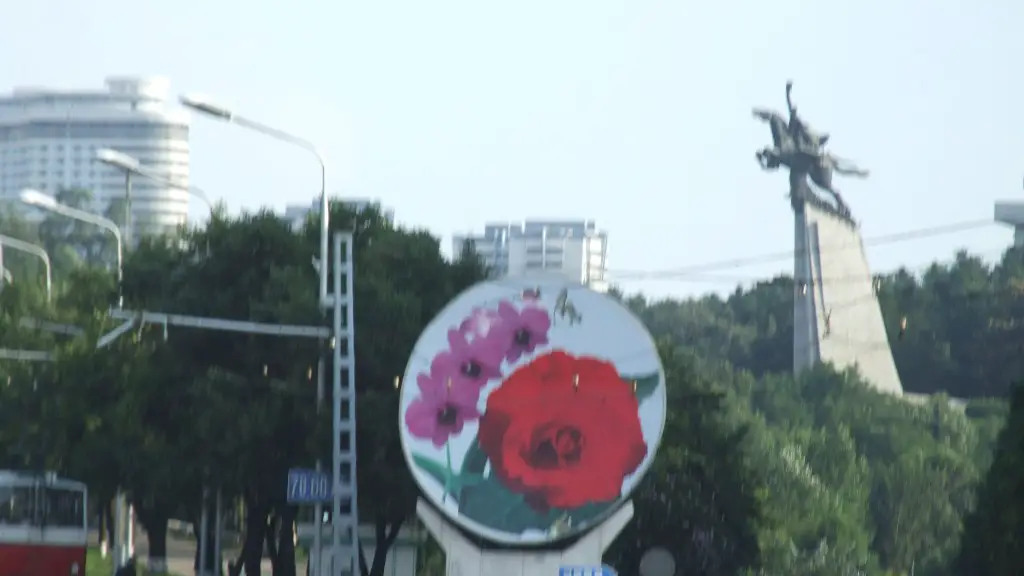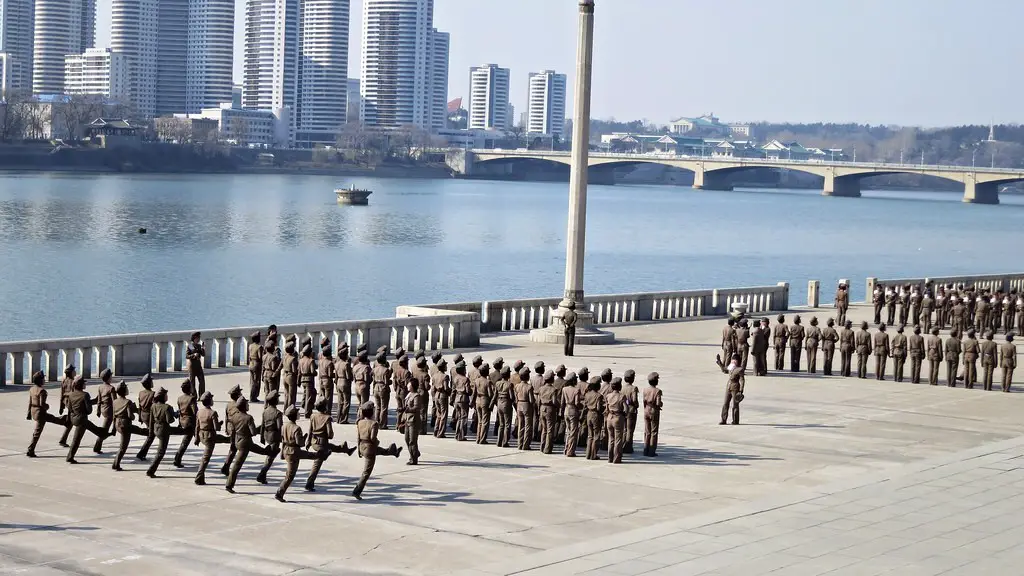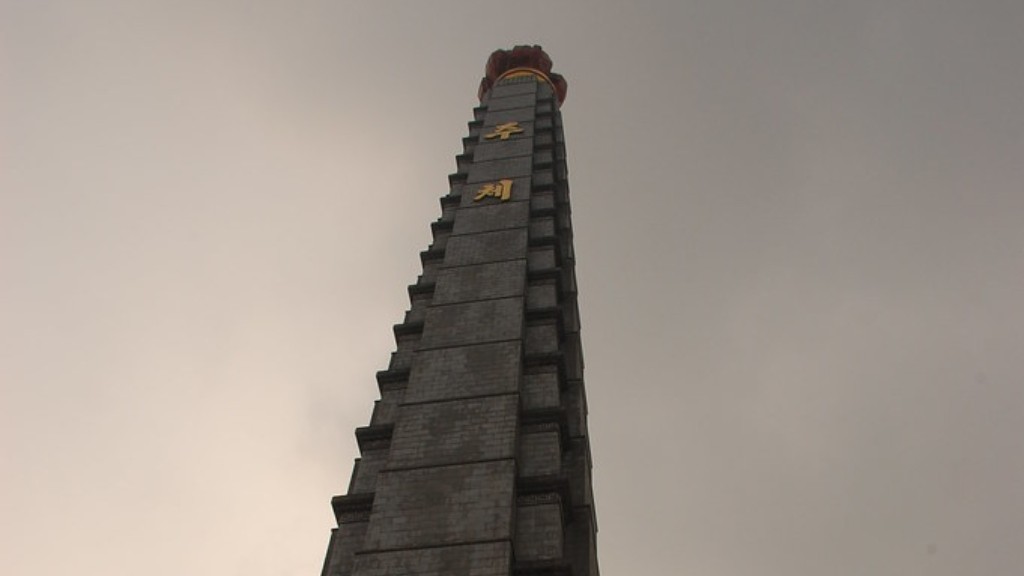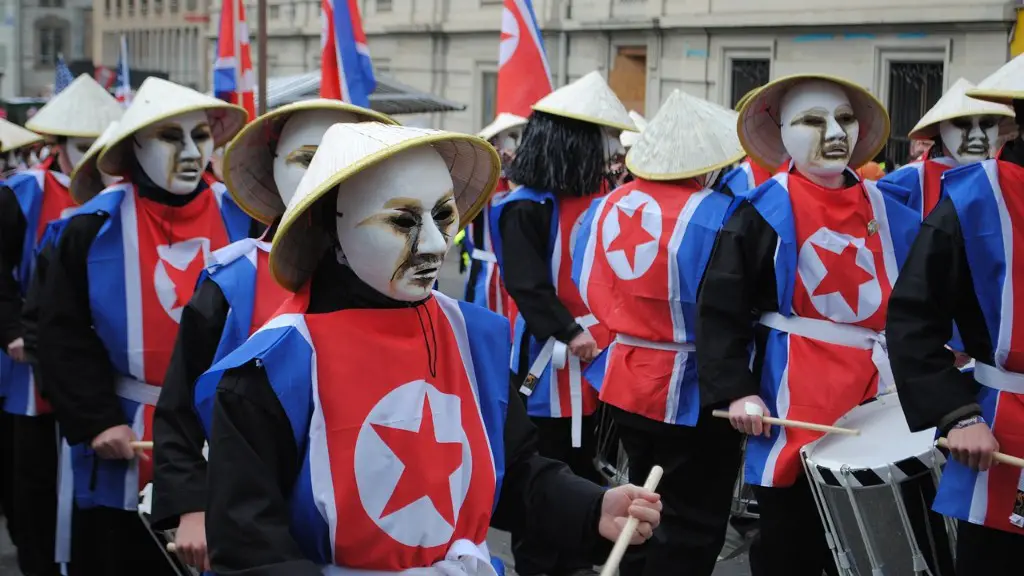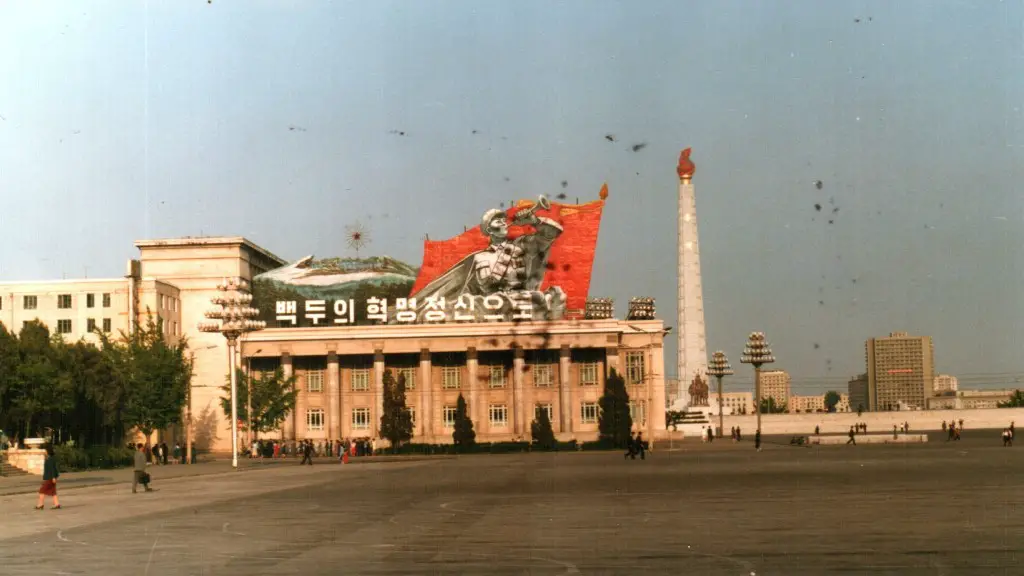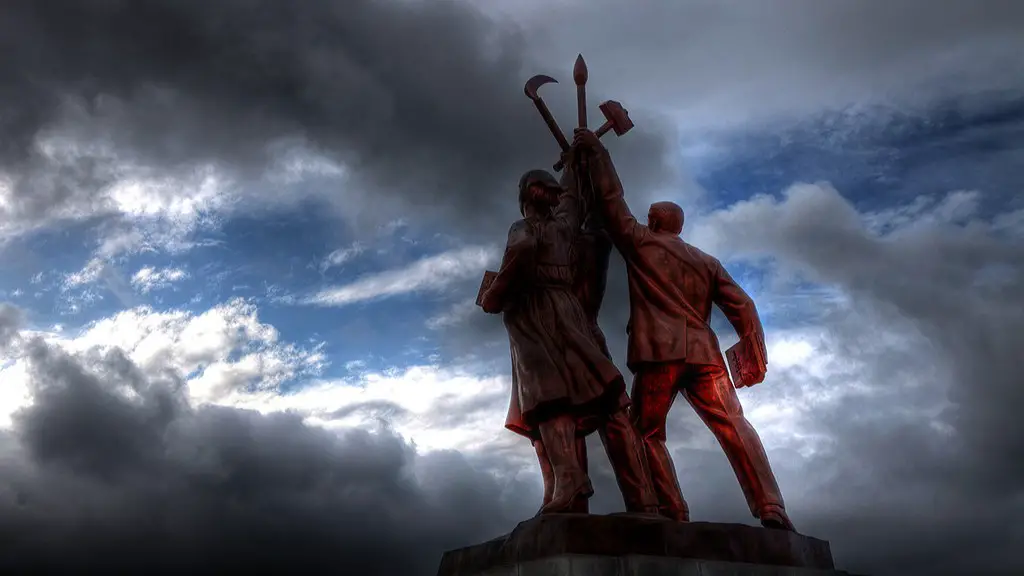History of North Korea
North Korea is an isolated country with a tumultuous past that has shaped the country’s current state. After the Japanese occupation during the Second World War, Korea was split into two nations, North and South. Following this, in the 1950s the two were in direct opposition with each other. North Korea was backed by China and the Soviet Union, while the United States, U.K. and United Nations forces supported South Korea. This led to the Korean War which further damaged the North and led to high levels of mistrust and animosity between the two sides.
Since the Korean War, North Korea has become an isolated, authoritarian state. The government is highly centralized and economic competition is heavily restricted, meaning there is little growth and development. This lack of competition has left the country lagging behind the rest of the world in terms of advancement and technology, resulting in the lack of access to information and resources being experienced by its citizens.
Causes of Darkness in North Korea
The darkness that is so pervasive in North Korea is due to a confluence of factors stemming from economic issues, government mismanagement and sanctions. North Korea has long struggled economically, and the government policies aimed at trying to address this have often proved inadequate. This has caused a great deal of instability and poverty in the country, leading to a lack of access to resources and basic necessities such as electricity.
The country’s economic debt is estimated to be around $20 billion and North Korea is largely cut off from the outside world. Their only real ally is China, and even that relationship is strained. This lack of access to the international community and resources has resulted in a lack of development in the country and has had a significant impact on the levels of darkness in the country.
Furthermore, the government’s attempts to increase self-reliance and propaganda have backfired in some cases. The government has heavily restricted the freedom of its citizens, making it difficult for businesses to operate within the country and for citizens to access information from the outside world.
The government has also implemented sanctions against North Korea, exacerbating the economic difficulties it faces and further limiting access to resources. This is evidenced by the fact that around 85% of North Koreans are still living in poverty, with access to only a basic, unreliable electricity supply.
The Impact of Darkness in North Korea
The darkness in North Korea has had a devastating impact on the lives of its citizens. It is estimated that over 60% of the population do not have reliable access to electricity, and this has made already difficult living conditions even worse, with the lack of access to heating and cooling, communication, and medical care having devastating consequences, particularly on those living in rural communities.
The lack of access to resources has also forced the people to resort to burning wood for heating and cooking, leading to further environmental damage and increased levels of air pollution. This pollution is exacerbating health problems such as respiratory diseases, as well as affecting the local ecosystem.
Furthermore, the lack of electricity and limited access to resources has hindered the development of the country. North Korea is estimated to be several decades behind the rest of the world in terms of technological advancement, and this lack of development has resulted in even more poverty and deprivation.
International Aid to North Korea
The darkness in North Korea has been a cause of significant concern around the world, and there have been various attempts to provide aid to the country. The United Nations has been especially active in this regard, providing aid to improve access to energy and electricity, and to improve living conditions in the country.
The World Bank and International Monetary Fund have also provided assistance in the form of loans to help modernize infrastructure, though some of this money has been diverted to weapons and nuclear programs by the North Korean government. Other international organizations such as Doctors Without Borders have also provided aid in areas such as health and infrastructure.
Additionally, there have been a number of private initiatives that have been set up to help North Koreans in the form of charity organisations, such as Liberty in North Korea and Human Rights Watch, that try to provide aid and advocate for human rights in the country.
Despite these international efforts, it is clear that the situation in North Korea is still dire and that the darkness is still a significant issue. The international community must redouble its efforts to ensure that North Koreans are given the resources and access they need to develop and improve their quality of life.
North Korean People’s Protest Against Darkness
Despite the darkness and poverty that has engulfed the country, North Koreans have still taken it upon themselves to fight for change. Recent protests and social movements have seen North Koreans take to the streets to protest the oppressive rule of the government and demand better living conditions for themselves and their families.
The most notable protest to date was the candlelight vigil held in Pyongyang on May 2, 2021, in which citizens marched through the streets demanding an end to the darkness and poverty. The protest was met with violence and suppression by the police, and many of the protesters were arrested or detained, signalling the government’s continued reluctance to engage with the people and make any meaningful changes.
The candlelight vigil has been seen as a sign of hope for those fighting for freedom and democracy in North Korea, and protests of this kind have continued despite the government’s attempts to suppress them. However, it is clear that much more needs to be done in order for meaningful progress to be made in the country.
Reforming the North Korean Government
In order for the darkness in North Korea to be addressed, there needs to be a significant shift in the way the government operates. The current regime must be reformed and the power of the ruling elite curbed in order to allow for meaningful change and development in the country.
This must be done in a way that respects the rights and freedoms of North Koreans, ensuring that they are not oppressed or repressed by the government. Additionally, the government must be open to the ideas and involvement of citizens in order to foster a more inclusive and structured society that can work towards improving living conditions and ending the darkness.
It is also essential that North Korea embrace economic reform and open itself up to investment from the international community. This should be done in a way that benefits the citizens of North Korea, and the government must be held accountable for any investments made and ensure that no major projects are diverted away from the livings needs of the people.
Finally, the government should also shift its stance towards increased access to resources such as electricity and medical care, making these accessible and affordable for all citizens. This would go a long way towards helping to address the darkness in the country and ending the poverty and deprivation that many North Koreans face.
Conclusion
The darkness in North Korea is the result of decades of economic mismanagement, government suppression and international sanctions. This has led to extreme poverty, deprivation and a lack of access to basic necessities such as electricity, leading to significant hardship for North Koreans. In order for the darkness to be addressed, the government must be reformed and open itself up to investment from the international community. Additionally, there must be a shift towards increased access to resources and freedom for citizens. Only then can North Koreans begin to hope for a brighter future.
